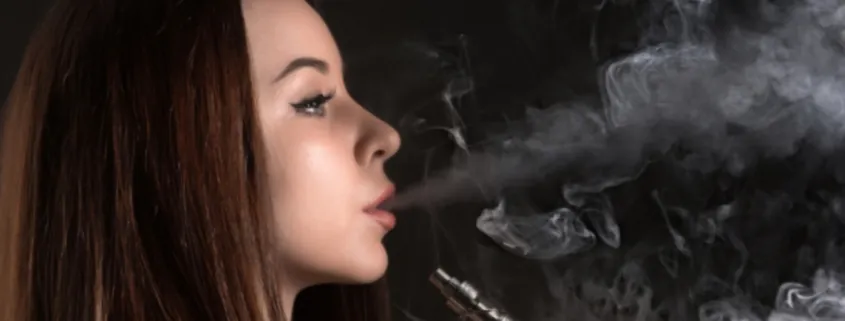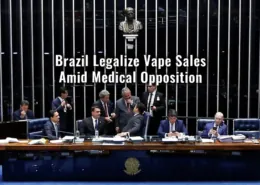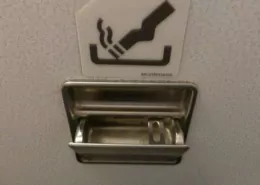Brazil Senate Debates Electronic Cigarette Regulation
The Brazilian Senate has advanced the debate on the regulation of electronic cigarettes as Bill 5,008/2023 progresses through the National Congress. The bill, authored by Senator Soraya Thronicke (Podemos-MS), aims to authorize the production, sale, import, and use of these devices while establishing rules for control, inspection, and advertising. Despite the current ban on vapes in Brazil, they are widely consumed, particularly in the illegal market.
Measures to Protect Minors and Ensure Product Safety
The proposed legislation includes several measures to protect minors and ensure product safety. Fines ranging from R$20,000 to R$10 million will be imposed on those who sell the devices to individuals under 18 years of age. Additionally, the bill requires products to be registered with Anvisa (Brazilian Health Regulatory Agency), the Federal Revenue Service, and other agencies such as Inmetro and Anatel.
Experts and lawmakers view the regulation of e-cigarettes as a means to combat the illegal market and safeguard the population, particularly young people. According to IBGE data, 22.7% of Brazilian teenagers have already tried e-cigarettes. Lauro Anhezini Junior, an advisor to the Brazilian Tobacco Industry Association (Abifumo), argues that the current ban is “ineffective” because it fails to prevent the widespread sale of products without quality or sanitary control in the country.
Comparison with Other Countries and Economic Implications
Anhezini compares Brazil’s situation to that of other countries, such as the United States, where strict regulations have led to a reduction in consumption among young people. In the U.S., the use of e-cigarettes by adolescents fell from 27.5% in 2018 to 5.9% in 2024 after the implementation of clear rules.
The discussion surrounding the regulation of e-cigarettes in Brazil extends beyond public health concerns, also encompassing economic implications. The Federal Revenue Service estimates that the controlled release of these devices could generate up to R$700 million in annual revenue. However, opinions differ regarding the impact of this measure, with the Federal Highway Police (PRF) arguing that it may not necessarily reduce smuggling.
Pressure for Regulation Grows
Pressure for regulation continues to mount, driven by both health sectors and the tobacco industry. Anhezini believes that regulation “would allow greater control over the quality of products, reducing health risks and protecting, above all, young Brazilians who have easy access to illegal products.” While opinions among members of parliament remain divided, there is a consensus that measures must be adopted to protect the population, especially minors.
The debate is expected to advance in upcoming Senate committees, including the Social Affairs Committee, responsible for analyzing public health implications, and the Consumer Protection Committee.
Study Reveals Prevalence of Illegal Vape Advertisements
A survey conducted by the anti-piracy platform “Offer,” commissioned by Philip Morris Brazil, identified 11,594 illegal advertisements for electronic cigarettes (vapes) in the country. The fake advertisements were found on social media, private websites, and even delivery platforms. Payments are primarily made via Pix, with deliveries occurring within a few hours, despite the prohibition on marketing and advertising electronic smoking devices in Brazil since 2009.
The study coincides with ongoing discussions between the Federal Revenue Service and Anvisa regarding the restriction of these products in the country. The Ministry of Health and Anvisa have not yet commented on the research findings.
Source:
Estudo localiza 11 mil anúncios ilegais de vapes no Brasil
Debate sobre regulamentação de cigarros eletrônicos avança no Senado com foco no combate ao mercado ilegal
- Is Vaping and Driving Illegal in Vermont? (2025 Guide) - July 18, 2025
- Vaping Laws in Vermont : A Comprehensive Guide for 2025 - July 18, 2025
- Malaysian Sarawak Considers Banning Vape Product Sales - July 18, 2025








